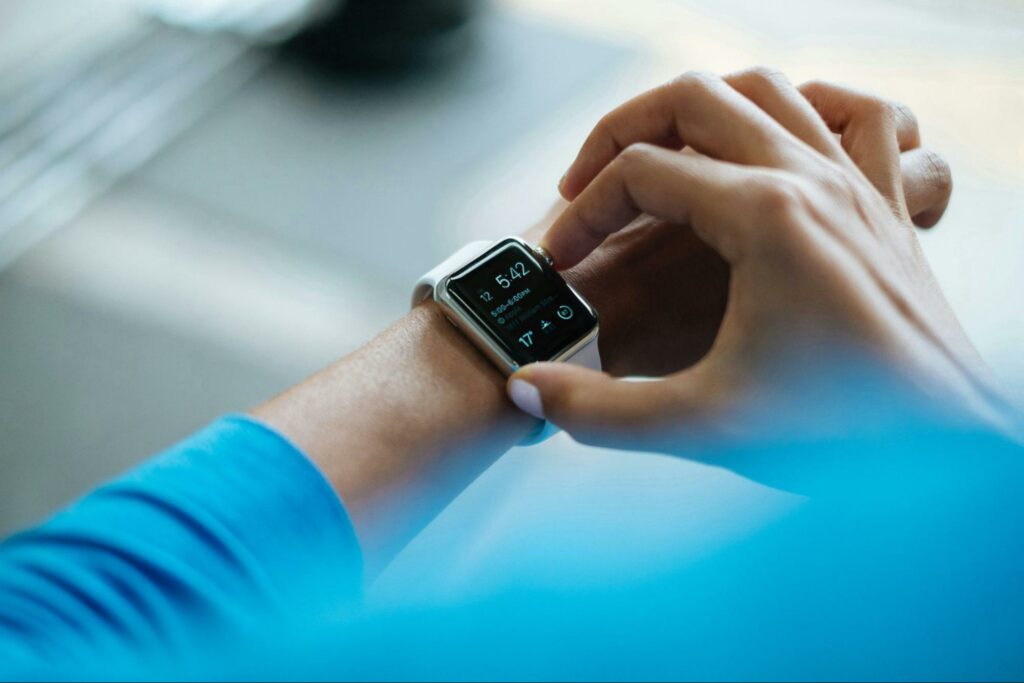Some might say staying healthy has never been easier than today. We have access to all the scientific data, medical exams, and statistics we want. We can contact health experts from all over the world, and learn all about different medicinal traditions, from Chinese to Ayurveda.
On the other hand, this digital health revolution might sometimes feel overwhelming. Who do we listen to? One expert says we shouldn’t touch alcohol, another says one glass of wine a day is good for you. There is an explosion of telemedicine, wearable health devices, doctors specializing in every tiny part of our body and mind. Paradoxically, this information overload makes many people feel confused and unable to manage their own well-being in an educated and affordable way. That’s why so many decide to use the help of medical advocates rather than trying to make it on their own, to save time and money.
The Promise and Perils of Digital Health
Technology development was supposed to simplify healthcare, and in many ways it has. You can now track your heart rate, sleep cycle, and glucose levels just by wearing an appropriate watch. You can type all your symptoms into the search box and check which doctor you should see, or even make an online appointment right away.
However, it looks like we are drowning in data but starving for real wisdom. We can obtain so much information about our bodies, but we are still not sure how to make the puzzles fit.

We often come up with made-up diseases, creating unnecessary stress in our lives, when our heart rate is up one day, and we immediately diagnose ourselves with arrhythmia.
Fragmented Healthcare System
While many providers digitized their systems, these often don’t communicate well with each other. You might get your results using a device from one company, read about it on three websites, and then compare the results using yet another app and come up with completely contradictory information.
Moreover, trying to coordinate between insurance providers, digital platforms, and available doctors can be overwhelming. You might end up going to ten different specialists, each sending you to someone else because your particular problem is not their area of expertise. Despite these challenges, more people are becoming proactive about prevention and self-care. Many are taking steps to support their health through well-chosen supplements, such as essential vitamins and minerals, omega-3 fatty acids, probiotics, and plant-based adaptogens that help the body manage everyday stress. When guided by reliable information, supplementation can play a valuable role in maintaining balance and long-term wellbeing. Nootropics are also gaining attention as part of this preventative mindset, offering support for focus, memory, and mental clarity.
Misinformation
We live in an era when it’s easier than ever to educate ourselves on various subjects. Unfortunately, this often leads to the emergence of hundreds of self-proclaimed “experts” on the subject of hormonal health, diabetes, supplements, physiotherapy, and any other health-related subject on which they might not be formally educated. It’s possible they managed to cure themselves from the same ailment that you have in one way or another, but what might have helped them doesn’t have to be an appropriate solution for you. It’s crucial to have a well-rounded medical education to give medical advice.

Not to mention an avalanche of websites, applications, and platforms sharing misinformation to sell their products. We have to stay vigilant and always try to find the help of an actual expert.
Health Empowerment
Even though it might feel daunting to navigate the confusing healthcare system in 2025, there are more tools than ever to live a healthier, longer life. Remember that prevention is better than cure, so always do regular check-ups and stay on your toes when it comes to your health. As technology continues to advance, the true measure of progress will not be how many features are added, but how many people are empowered to understand and control their health with clarity and confidence. If people find it hard to navigate this complex healthcare system, it is not because they lack the will to understand it. It is because it hasn’t yet caught up with human needs.
